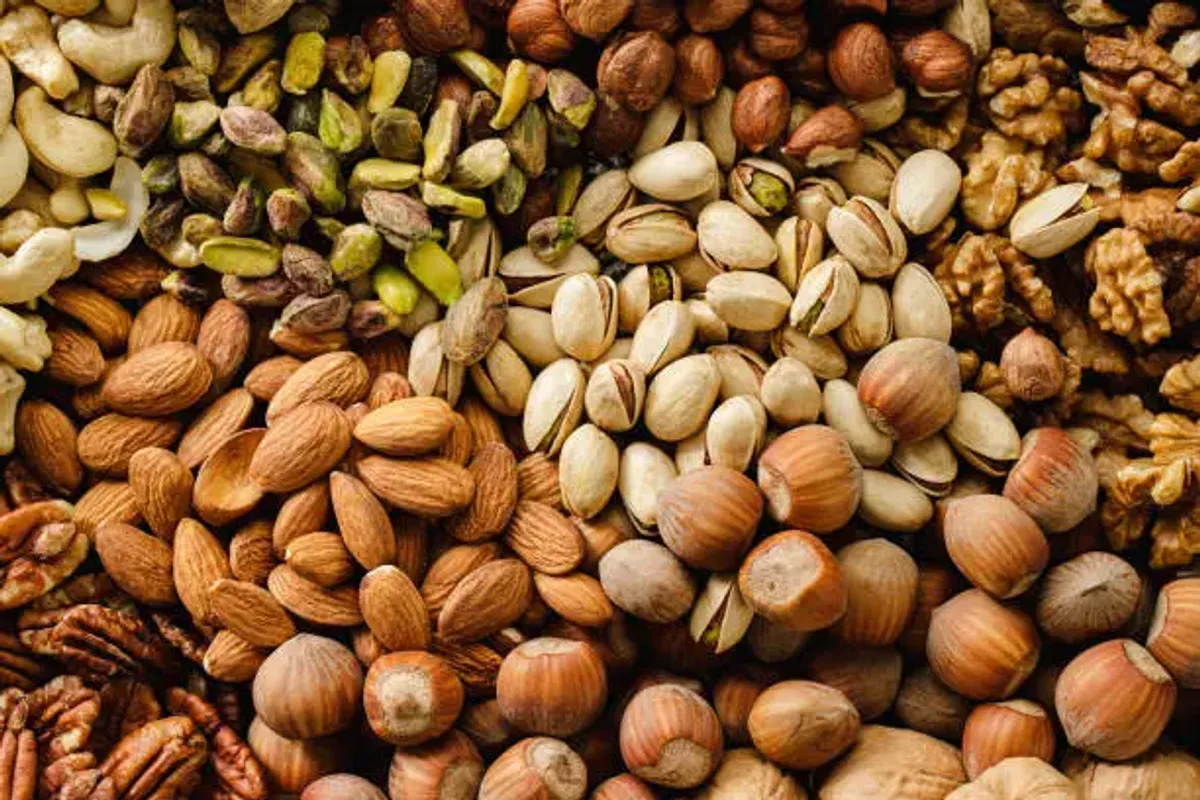
10 Must-Know Nutrition Facts to Transform Your Health in 2025

GeokHub
Contributing Writer
Nutrition is the foundation of a healthy life, yet myths and misinformation often cloud the facts. With science evolving, 2025 brings fresh insights into how food impacts your body, mind, and longevity. These 10 evidence-based nutrition facts, grounded in recent research, will empower you to make informed choices for better health. From debunking diet fads to optimizing your plate, here’s what everyone should know to thrive this year. Share your takeaways on X with #Nutrition2025!
1. Protein Is Key for Muscle and Metabolism
- Fact: Eating 1.2–2.0g of protein per kg of body weight daily supports muscle maintenance and boosts metabolism. A 2023 American Journal of Clinical Nutrition study found high-protein diets increase satiety and fat loss by 15%.
- Why it matters: Protein preserves lean muscle during weight loss, burning 10–15% more calories at rest. For a 70kg person, aim for 84–140g daily (e.g., chicken, tofu, eggs).
- Action: Add a protein source (120–150g) to every meal, like Greek yogurt at breakfast or lentils at dinner.
2. Fiber Is Your Gut’s Best Friend
- Fact: Consuming 25–30g of fiber daily improves digestion and reduces disease risk. A 2022 The Lancet study linked high-fiber diets to a 20% lower risk of heart disease and colon cancer.
- Why it matters: Fiber feeds gut bacteria, stabilizes blood sugar, and promotes fullness, reducing overeating.
- Action: Include fiber-rich foods like oats (5g per 50g), broccoli (5g per 200g), or beans (8g per 100g) in meals.
3. Healthy Fats Are Essential, Not Evil
- Fact: Unsaturated fats (e.g., olive oil, avocados, nuts) improve heart health and insulin sensitivity. A 2021 European Heart Journal study showed replacing saturated fats with unsaturated fats lowers LDL cholesterol by 10%.
- Why it matters: Fats provide energy, support hormone production, and enhance nutrient absorption.
- Action: Use 1–2 tbsp olive oil daily or snack on 20g almonds for 15g healthy fats.
4. Sugar Sabotages More Than Your Waistline
- Fact: Limiting added sugars to <10% of calories (50g for a 2,000-calorie diet) protects against obesity and diabetes. A 2023 BMJ study found high sugar intake increases depression risk by 25%.
- Why it matters: Excess sugar spikes insulin, promoting fat storage and mood swings.
- Action: Swap sodas for water and check labels for hidden sugars in sauces or cereals.
5. Hydration Boosts Performance and Fat Loss
- Fact: Drinking 2–3 liters of water daily enhances metabolism and exercise performance. A 2021 Nutrients study showed adequate hydration increases fat oxidation by 10% during workouts.
- Why it matters: Dehydration impairs energy, focus, and digestion, mimicking hunger.
- Action: Carry a 1-liter water bottle and refill twice daily; add lemon for flavor.
6. Micronutrients Matter as Much as Macros
- Fact: Vitamins and minerals (e.g., vitamin D, magnesium) are critical for immunity and energy. A 2022 Journal of Nutrition study linked low vitamin D to a 30% higher risk of fatigue and infections.
- Why it matters: Deficiencies cause subtle symptoms like tiredness or weak bones.
- Action: Eat a variety of colorful veggies (200g daily) and consider a multivitamin if advised by a doctor.
7. Timing Your Meals Can Optimize Health
- Fact: Eating within a 10–12-hour window (e.g., 8 AM–8 PM) may improve metabolic health. A 2023 Obesity study found time-restricted eating reduces insulin resistance by 15%.
- Why it matters: Aligning meals with your body’s circadian rhythm enhances digestion and fat burning.
- Action: Finish dinner 2–3 hours before bed and avoid late-night snacking.
8. Plant-Based Foods Pack a Punch
- Fact: Diets high in plant-based foods lower chronic disease risk. A 2022 The Lancet Healthy Longevity study showed vegetarian diets reduce mortality risk by 15%.
- Why it matters: Plants are rich in fiber, antioxidants, and anti-inflammatory compounds.
- Action: Aim for 5–7 servings of fruits/veggies daily (e.g., 100g berries, 200g spinach).
9. Sodium Sneaks Up on You
- Fact: Keeping sodium below 2,300mg daily reduces bloating and hypertension risk. A 2021 American Heart Association study linked high sodium to a 20% higher risk of heart failure.
- Why it matters: Excess sodium in processed foods causes water retention and heart strain.
- Action: Cook fresh meals and limit processed items like canned soups or fast food.
10. Mindful Eating Beats Diet Fads
- Fact: Mindful eating—focusing on hunger cues and savoring food—reduces overeating by 20%, per a 2022 Appetite study, outperforming restrictive diets.
- Why it matters: Sustainable habits trump short-term fads for long-term health.
- Action: Eat without distractions, chew slowly (20–30 times per bite), and pause to assess fullness.
Sample Daily Application
- Breakfast: Oatmeal (50g, 5g fiber), berries (100g), Greek yogurt (150g, 15g protein). 400 kcal
- Snack: Almonds (20g, healthy fats), apple. 180 kcal
- Lunch: Grilled chicken (120g, 30g protein), quinoa (100g), broccoli (200g, 5g fiber). 450 kcal
- Snack: Carrot sticks (100g), hummus (50g). 150 kcal
- Dinner: Salmon (120g, omega-3s), sweet potato (150g), spinach (150g). 450 kcal
- Hydration: 2.5 liters water.
- Total: ~1,580 kcal, 100g protein, 60g carbs, 45g fat, 25g fiber.
Tips for Success
- Plan meals: Prep grains and proteins weekly to save time (Public Health Nutrition, 2021).
- Track intake: Use MyFitnessPal to balance macros and micronutrients.
- Shop smart: Choose whole foods over processed items; check labels for sodium and sugars.
- Stay consistent: Small changes, like adding one veggie serving daily, build habits (Nature, 2021).
- Share on X: Post your meals with #Nutrition2025 to join the wellness community.
Final Thoughts
These 10 nutrition facts empower you to make smarter food choices in 2025, enhancing energy, mood, and longevity. Focus on whole foods, hydration, and mindful eating to create sustainable habits.





